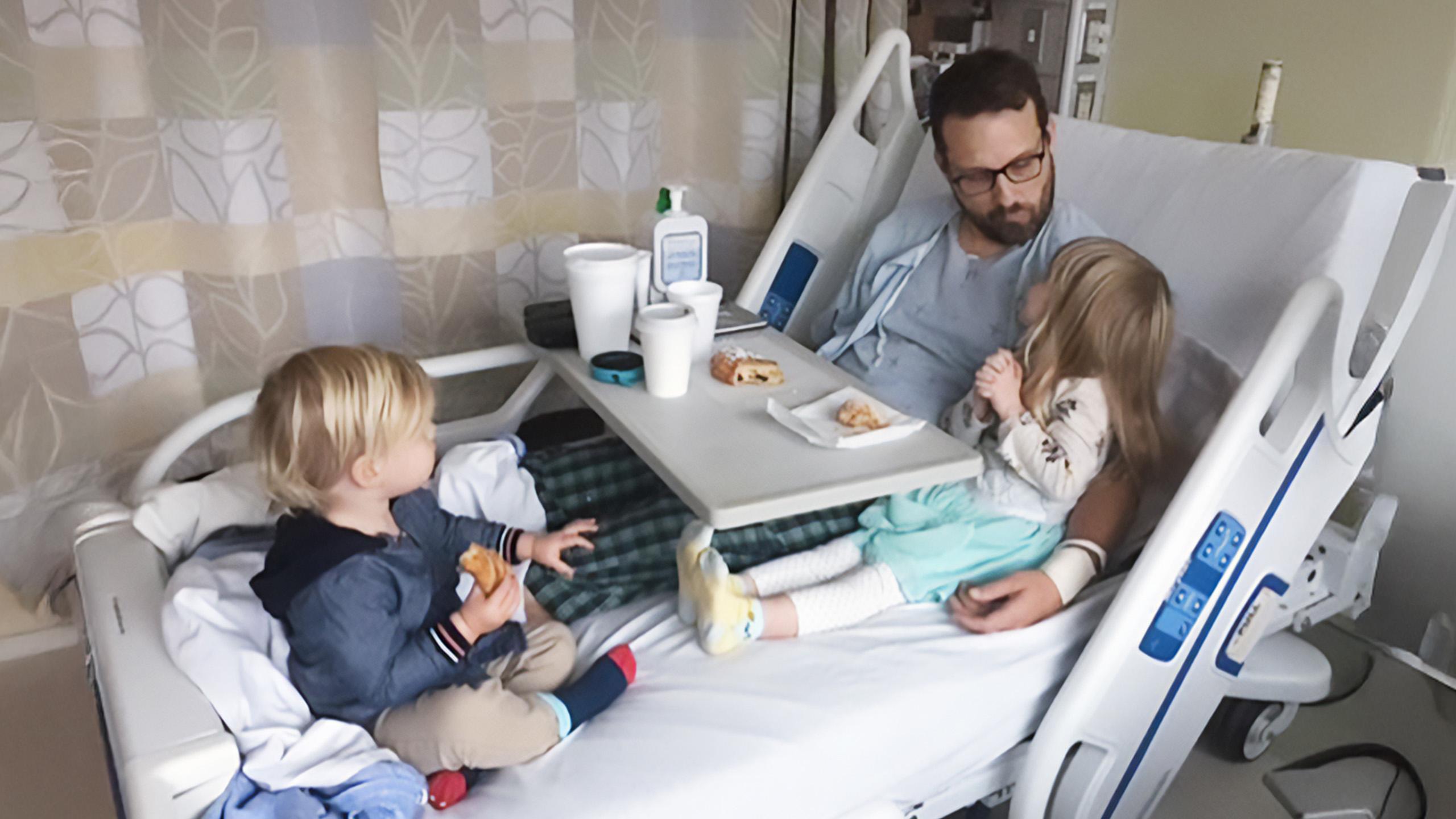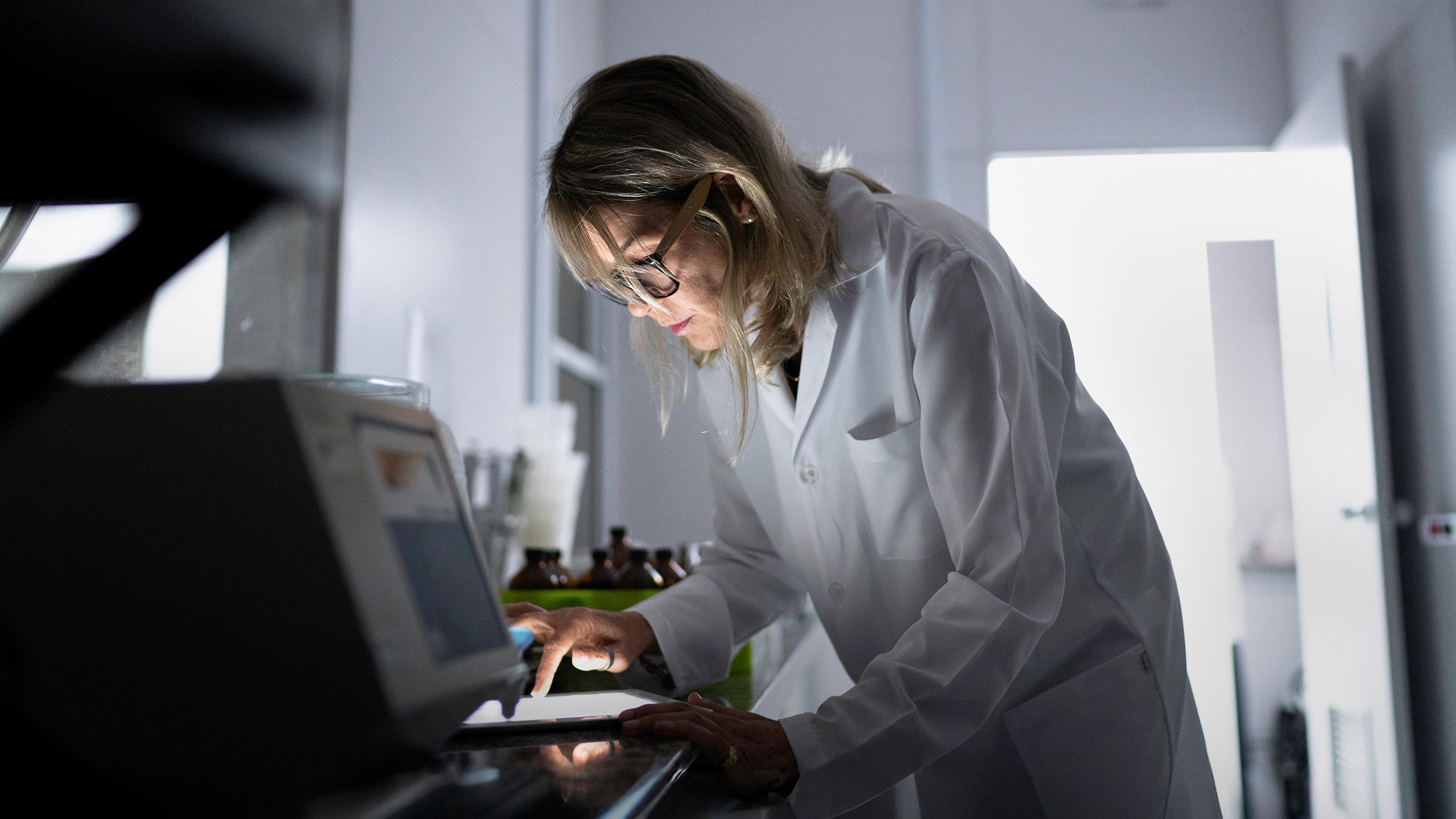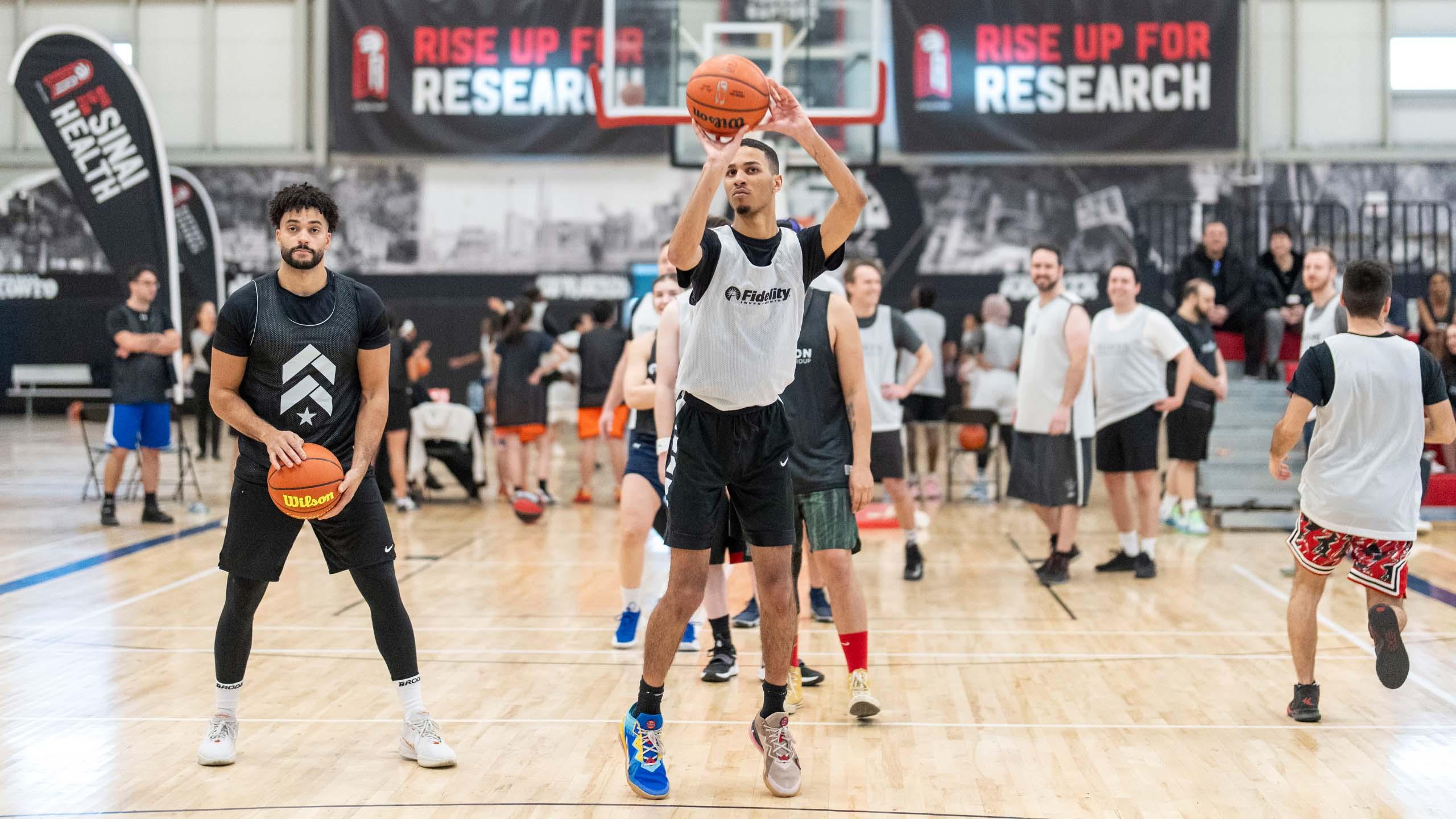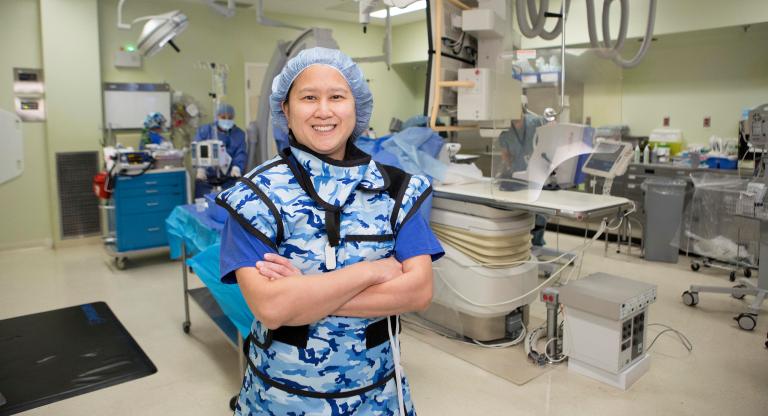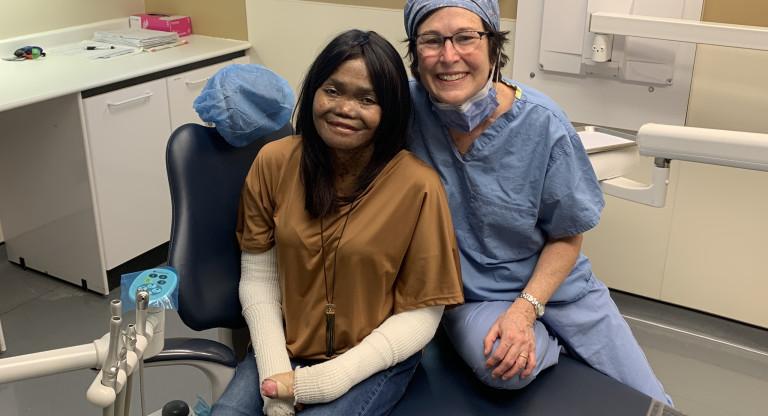Your COVID-19 questions, answered

From vaccine passports to beach vacations, Dr. Howard Ovens answers your questions about COVID-19.
Question: Why is a vaccine passport important and why isn't it interchangeable with a negative COVID-19 test?
Answer: We want as many people as possible to get vaccinated! It provides high quality and lasting protection to the recipient and those they come into contact with. No test is 100% accurate, and the rapid tests have a place, but are far from infallible. Any test is also an indication of your status at that moment in time only. You could test negative in the morning and be incubating disease and turn contagious hours later. There is an argument to be made around rapid test deployment to mitigate risk in indoor settings where access is important, but overall being vaccinated is better.
Question: Booster shots are now available to a small group of people. Is it advisable for the general population to get a third dose of the vaccine when it's made available to them?
Answer: The question of when it’s advisable to administer boosters to the general population, and which vaccines to use, is a complicated public health question. My advice is leave worrying about this to the experts and take your next shot when it’s offered. I am not worried about this issue personally, but will absolutely take my booster when I am offered one.
Question: What are your tips for having productive conversations with friends and family who are vaccine hesitant?
Answer: A very difficult question, but my advice is to tread carefully unless you have been asked for advice. If you are worried for a loved one’s health, but have not been asked, I think the best advice to give is to ask someone if they have discussed their decision with their personal physician, and if not, encourage them to do so. That way you are not imposing your opinion on them when, most likely, neither of you are true experts. You are rather expressing concern for their well-being and asking them to consult an expert. It gets stickier if you have to decide whether and how to visit with them.
Question: Can we safely enjoy Thanksgiving and other holidays this fall indoors with family if everyone is vaccinated? What happens if not everyone is vaccinated, or is only partially vaccinated?
Answer: In general if you are healthy and following our current public health guidelines, an indoor gathering of up to 25 people - if all attendees are vaccinated - should be quite safe. It is prudent to remind all invited to please refrain from attending if they have any symptoms of illness. Including children under 12 who are not eligible for the vaccine complicates things but if the rest of the attendees are healthy, vaccinated, and the children feel healthy and are not under an isolation order due to a contact at school, it should also be fine. Including adults who are not fully vaccinated increases risk further, especially to the unvaccinated! If you really feel it is important to be together you can mitigate the risk by adding spacing, open windows to improve ventilation, and limit the size of the gathering. But if you have higher risk health issues I’d strongly advise not socializing indoors with unvaccinated people.
Question: Some school boards have given the green light for extracurricular activities, but some including TDSB have not. Which activities are actually safe for kids and which ones should be avoided?
Answer: The principles here are the same as for any activity and involve evaluating a combination of risk assessment and risk tolerance. Outdoors is better than indoors; if indoors, masked is better than unmasked; all vaccinated participants are better than mixed or unknown. Anything that increases the depth/rate of breathing increases risk: singing, yelling or cheering, and exercising. On top of that, you layer community prevalence of the virus and your child’s health status. We do know that recently some indoor basketball tournaments led to significant outbreaks. On the other hand, kids are very resilient in the face of this virus, so my advice for most healthy families is to allow your children to participate in anything public health and the school board have deemed safe to continue. And of course, get all eligible children vaccinated!
Question: Should beach vacations be put on hold this fall and winter?
Answer: From a health perspective, if you are healthy and fully vaccinated it’s pretty safe to travel, but right now travel is complicated. It’s even more complicated if you have children not yet eligible for vaccination. You have to consider the requirements for testing both going and returning, and its cost and hassle factor. You should consider how “hot” the destination is with COVID-19 and whether public health restrictions there might dampen your enjoyment. And, perhaps most importantly, if any of you test positive, you may be forced to stay where you are for 10 days or more before you can return home. Is it worth it? A very personal decision, but I would personally not take unvaccinated children or high risk individuals to a hot spot like - currently - Florida or Hawaii. If you are going for the whole season and have a place to live, the calculation is different. But “snowbirds”, older individuals who winter in the south, should avail themselves soon after arrival of the boosters available in the U.S., if that is their destination (based on the idea that they are likely older, higher risk, are eligible in the U.S. for a booster and that the destination is likely higher risk than Ontario is right now).
Question: People who were previously working from home are starting to head back to the office. Is this safe with school starting? How do we stay as safe as possible on public transit, particularly if other people refuse to wear masks or wear them incorrectly?
Answer: Office work, like any activity, involves risk assessment and mitigation. We work very safely in the hospital but we hope to vaccinate everyone, we expect anyone not feeling well to stay away, we wear masks and limit crowding in public areas like elevators and hallways and take extreme care around spacing when masks are off to eat/drink. Is your office following most or all of those steps? Many larger employers are including imposing vaccine mandates which should keep everyone safe. Public transit globally has shown itself to be overall very safe due to the generally decent ventilation, and short duration of contact. If you are vaccinated, properly wearing a high quality mask and keeping as much distance from those not complying as you can, riding public transit should be fine!
